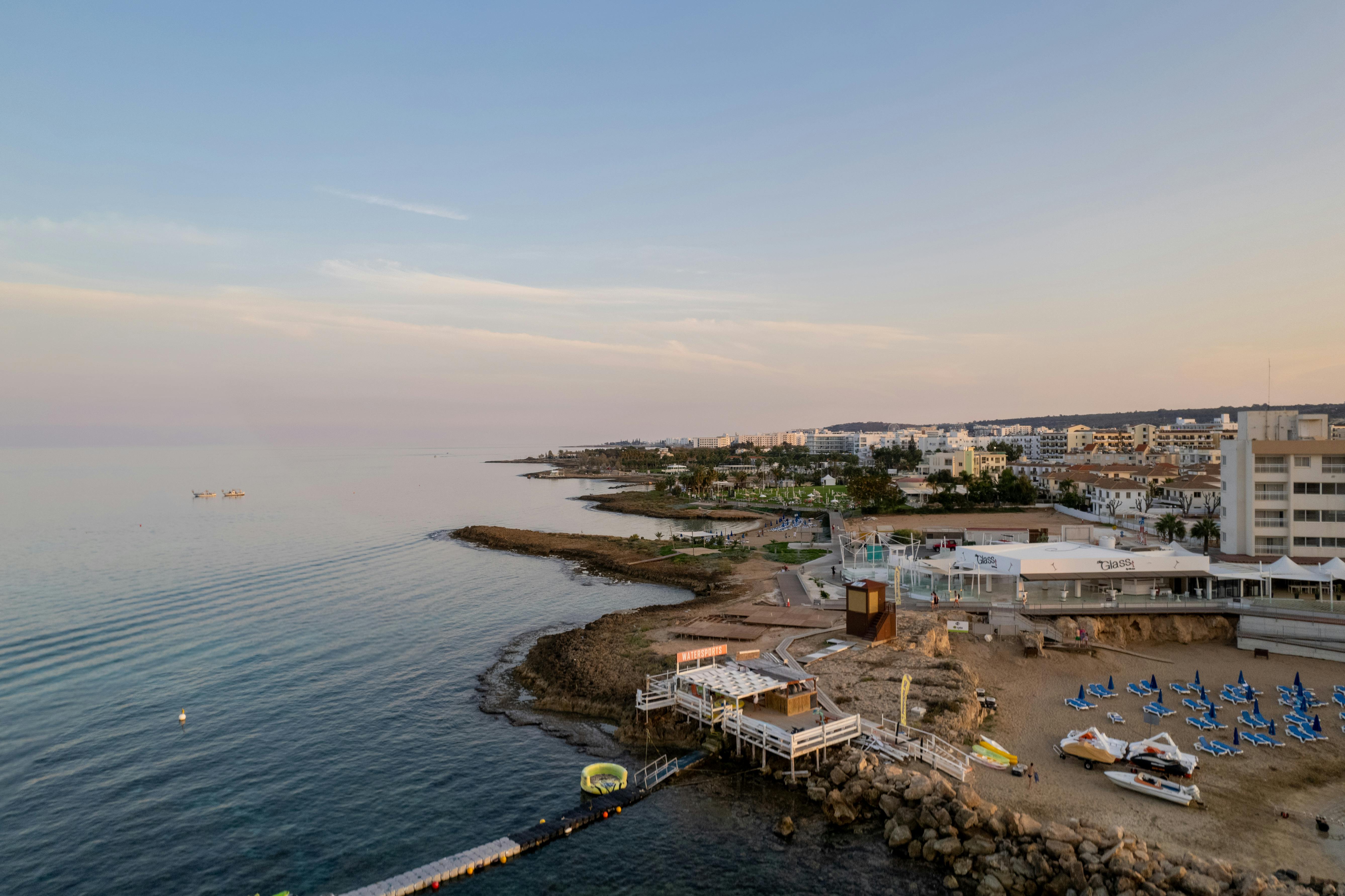Limassol businesses are still grappling with staffing shortages, rising costs and red tape, according to the latest business barometer published this week by the Limassol Chamber of Commerce and Industry (Evel).
According to the announcement, it was mentioned that the chronic lack of suitable human resources continues to top the list of concerns.
In nearly every edition of the barometer to date, labour shortages have emerged as the number one obstacle for Limassol-based companies.
In the latest survey, nearly one in five respondents (19.3 per cent) cited this as their main issue.
Although the problem spans across sectors, businesses reported more intense pressure when it comes to hiring specialised personnel.
The Research and Innovation Foundation (RIF) has appointed Theodoros Loukaidis as its director general for a second five-year term, following an open selection process, the board of directors announced on Monday.
Loukaidis, who previously held the same role over the past five years, will continue to lead the foundation at a time when Cyprus is seeking to enhance its research and innovation ecosystem and boost international competitiveness.
According to an announcement by Hermes Airports, the upgrades represent a total investment of €170 million, to be fully funded by the airport operator.
Maria Kouroupi, Director of Aviation Development, Marketing and Communication of Hermes Airports, told InBusinessNews that the works mark “a legacy for future generations of travellers,” as the infrastructure will serve long-term needs with a planning horizon up to 2040.
Tristan Capital Partners is a real estate investment management firm with assets under management exceeding €15 billion.
easyHotel Ltd was first listed on the London AIM stock exchange in 2014.
Since 2019, the company has been majority-owned by investment firms ICAMAP and Ivanhoé Cambridge, the real estate investment arm of CDPQ.
In 2020, these firms took the company private and oversaw significant growth in its hotel portfolio.
According to the bank’s annual results, total assets rose to €1.2 billion, a year-on-year increase of 123 per cent, attributed to “growing customer trust and the enhanced market presence of the bank”.
Moreover, the bank’s cost-to-income ratio improved to 48.6 per cent, a 24-percentage-point improvement from 2023.
The bank said that this demonstrates “targeted investments in human capital and digital infrastructure aimed at long-term efficiency and enhancing customer experience”.
At the same time, the non-performing loans (NPL) ratio declined to 1.8 per cent, down by 560 basis points from the end of 2023, “underscoring effective credit risk management and the consistently high quality of the loan portfolio”.
The recent electricity blackout in Spain and Portugal may have been caused by a combination of rare atmospheric vibrations, high renewable energy production, and low system inertia, according to Andreas Poullikkas, an expert in energy systems and former chairman of the Cyprus Energy Regulatory Authority (CERA).
Speaking to the Cyprus News Agency (CNA), Poullikkas noted that his assessment is “made with caution, pending the official investigation report”.
He explained that “until the investigation into the causes of this serious incident is complete, and in order to avoid similar events in the future amid growing renewable electricity production, it is essential to strengthen all electricity interconnections across the EU“.
He also stressed the need for the use of storage systems and the implementation of grid-forming inverters, which provide services such as inertia and frequency support—functions traditionally offered by rotating generators.
Since 2013, several key players have exited the scene. Laiki Bank and the Cooperative Bank have both shut down.
Hellenic Bank, which absorbed the Cooperative, is now part of the Greek Eurobank group. In parallel, RCB surrendered its banking licence.
Alpha Bank, having acquired Emporiki Bank in 2014, is now set to take over AstroBank, which had earlier absorbed USB Bank.
The total value of all real estate transactions in Cyprus reached a record-high €5.71 billion in 2024, reflecting a modest one per cent increase compared to 2023, according to a report released on Monday by PwC Cyprus.
The firm also noted that the total number of transactions decreased slightly to 23,900, representing a three per cent annual decline.
“Despite the persistence of global economic challenges, the real estate market in Cyprus displayed remarkable stability throughout the year,” the company stated.
Among the districts, Nicosia recorded a four per cent rise in transaction volume, whereas coastal cities experienced minor drops.
In terms of value, Limassol maintained its leading position, contributing 44 per cent of total transaction value, followed by Nicosia and Paphos.






Click here to change your cookie preferences